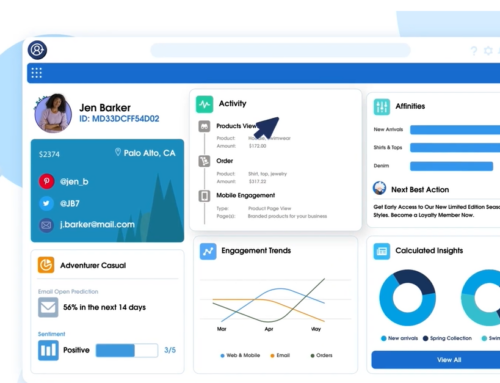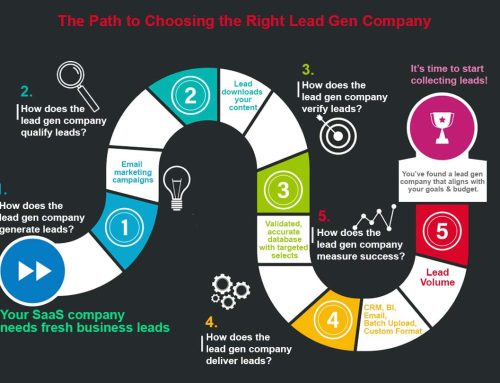Data isn’t just a collection of names and numbers; it’s one of the most valuable resources your business has. You can pay to acquire more of it or enhance its quality. You can even lose part of its value through slow attrition if you don’t regularly cleanse and append the information in your database. Services that gather, organize, and analyze your data are thriving because they help you take a strategic view of this critical resource. This week, we’re going to look at how to develop the framework for your data-driven marketing strategy, an essential first step for constructing a fully realized revenue marketing plan.
What tasks do you want your data to do? What’s a successful use of data for your organization? What do you hope your data will achieve as part of your digital marketing program? Only when you have a clear understanding of the answers to these questions can you build a comprehensive marketing data strategy that goes beyond storing, filing, and retrieving information. Seeing your data as part of an overarching strategy allows you to integrate it into decision-making and make more informed choices.
To place your marketing data into a strategic context, ask yourself these key questions:
Who Comprises Our Audience?
Marketing data tells you volumes about who your customers truly are rather than who you think they might be. That’s particularly important in industries that typically see higher churn rates and those that are undergoing rapid shifts and advances. Demographic, firmographic, and behavioral data paints a portrait of your audience that you can then use to develop buyer personas, which in turn influence your lead gen strategy and allow you to connect with your most promising markets. Buyers now expect you to know them well enough to anticipate their needs, and your marketing data plays a critical role in your understanding of them.
Should We Prioritize Acquisition or Retention?
All companies need to balance these two marketing goals, but they emphasize different aspects of them at different points in the organization’s life. A start-up needs to place the highest importance on acquisition and awareness, while a mature business in its prime may be more invested in ways to enhance relationships with the customers it already has. The former has an immediate need for data from a third party, such as a list management firm. The latter could benefit most from a marketing data governance manager who will work with the extensive information the company already has about its customers.
How Do We Define Success?
Without a good understanding of what you want to accomplish with your data, it can become overwhelming. Depending on your strategic goals, success might be maximizing conversions on email calls to action, increasing click-throughs on banners, enhancing engagement, boosting frequency or length of site visits, increasing gated content downloads, or any number of other metrics. When you know what you want your data to do, you’re able to set benchmarks for success and build on them.
Which Channels Matter Most to Us?
Armed with data about your leads and about the channels they use most often, you’re able to create customer environments designed to target your most valuable leads on the channels most relevant to them. By prioritizing the channels that speak to your audience and expending less effort on those that show more marginal results, you make your digital marketing program more efficient.
© Reach Marketing LLC 2016 All Rights Reserved.







